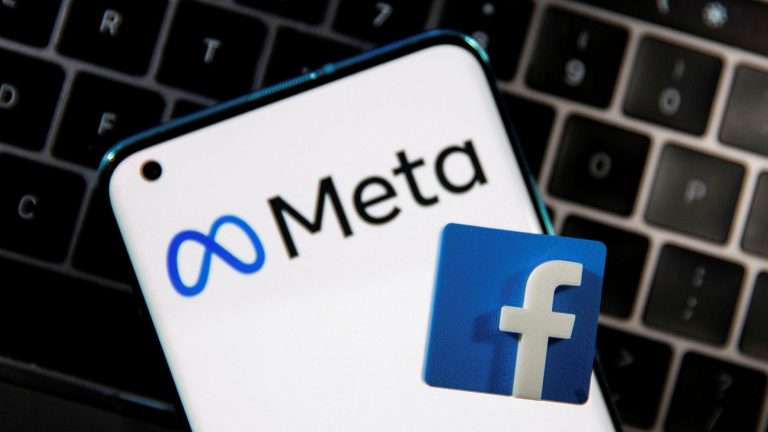
The whirlwind of antitrust misfortune continues to hunt Meta with more lawsuits hitting the social media conglomerate in both the U.S. and Europe.
Facebook has been caught in many antitrust allegations involving anticompetition and misuse of private data, prompting investigations and lawsuits by watchdogs and consumers.
In the latest episodes, Meta is facing a £2.3bn ($3.1 billion) class action lawsuit that claims 44 million Facebook users in the UK had their data exploited after signing up to the social network.
Register for Tekedia Mini-MBA edition 19 (Feb 9 – May 2, 2026): big discounts for early bird.
Tekedia AI in Business Masterclass opens registrations.
Join Tekedia Capital Syndicate and co-invest in great global startups.
Register for Tekedia AI Lab: From Technical Design to Deployment (next edition begins Jan 24 2026).
The lawsuit was brought by legal expert Dr Liza Lovdahl Gormsen, on the argument that Meta has broken the 1998 Competition Act, which provides a framework for identifying and dealing with restrictive business practices and abuse of a dominant market position.
According to the argument, Meta set an “unfair price” for Facebook’s UK users when they are given access to the service. Lovdahl Gormsen argues that although Facebook doesn’t charge users to sign up, they pay for using the platform with the personal data they generate during use, which the company uses for profit.
“They are exploiting users by taking their personal data without properly compensating them for taking that data,” said Lovdahl Gormsen, who added that Facebook had a “completely disproportionate” relationship with its users. “I don’t think the users are entirely clear when they click on the terms and conditions how unfair that deal is.”
Meta generates 98% of its revenue selling targeted ads. To reach the right demographics and consumers, the company harvest users’ data by monitoring their online activity. This means, Meta has enough of every of its users private information and uses it for income.
The misuse of private data by tech companies has become a global concern and Facebook has been at the center of it. In early 2018, Facebook and political data analytics firm, Cambridge Analytica, were implicated in a massive data breach. Personal data of more than 87 million Facebook users was improperly obtained by Cambridge Analytica, drawing one of the biggest antitrust fines in history. The FTC slapped Facebook with a $5 billion fine for misuse of private data.
Since then, both regulator and class action lawsuits against Meta over misuse of private data have accelerated.
On Tuesday, a U.S. federal judge ruled that the FTC, who has been seeking a legal backing to break up Meta, should proceed with its lawsuit against the social media giant. The US competition watchdog had filed a lawsuit seeking to force Meta to sell Instagram and WhatsApp, arguing that the company has been on an “anticompetitive shopping spree”, buying rival companies to “maintain its monopoly.”
Per The Guardian, Lovdahl Gormsen, a competition law specialist at the British Institute of International and Comparative Law, is bringing the class action at the Competition Appeal Tribunal in London as an opt-out case. This means Facebook users covered by it do not need to actively join the case to receive damages and will be part of the claim unless they decide to opt out from it.
The period under question is from October 1 2015 to December 31 2019. The Guardian reports that the £2.3bn compensation number cited by the cases’ backers represents an estimate of the damage caused to users, and the judge will determine how Facebook users involved will be settled, if the plaintiffs win.
The lawsuit is being funded by Innsworth, a firm that pays for litigation in exchange for a share of any damages, and Lovdahl Gormsen is being represented by Quinn Emanuel Urquhart & Sullivan law firm, the report said.
Meta has been notified of the claim, which will be heard by a judge at the tribunal, by Lovdhal Gormsen’s lawyers. The judge will then decide whether the case should go ahead. The case is expected to take between 6 and 12 months if the judge rules that it should proceed.
Responding to the lawsuit, a Meta spokesperson said: “People access our service for free. They choose our services because we deliver value for them and they have meaningful control of what information they share on Meta’s platforms and with. We have invested heavily to create tools that allow them to do so.”



